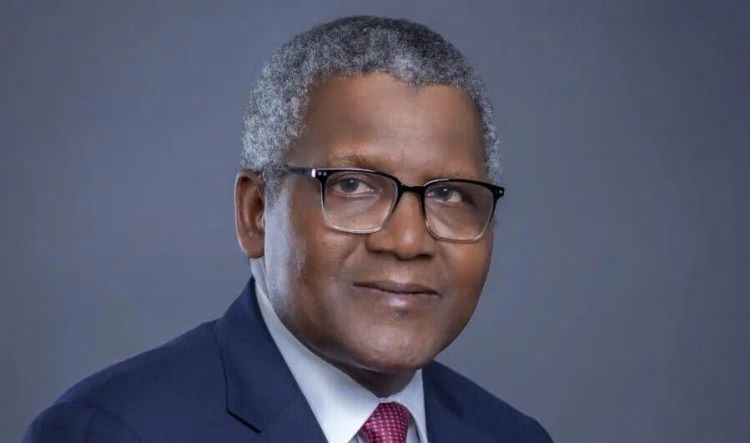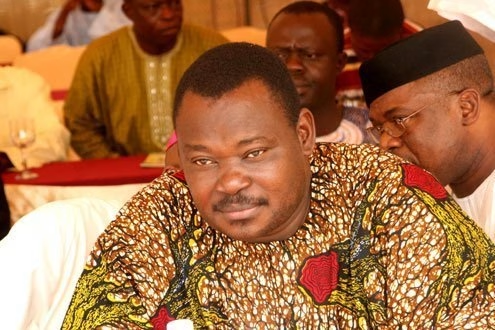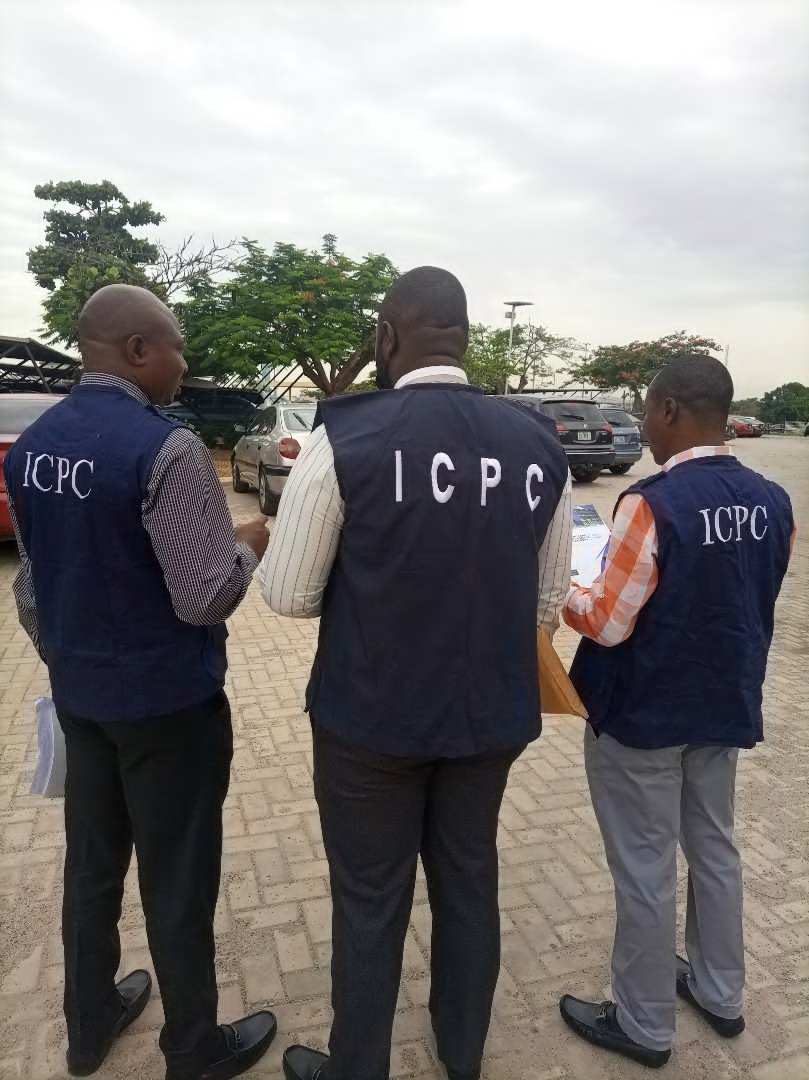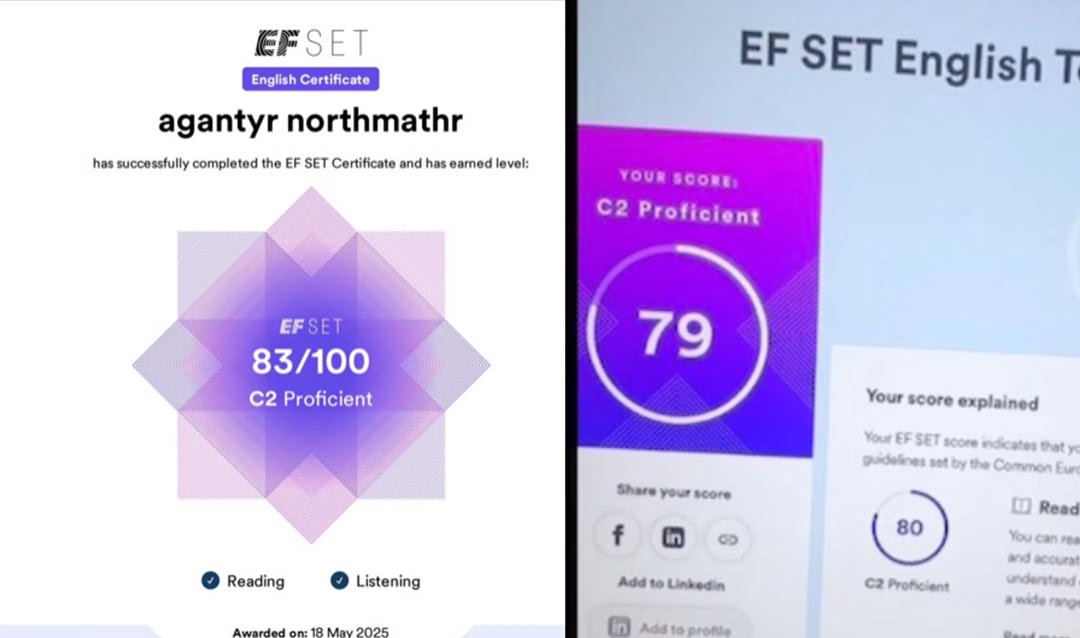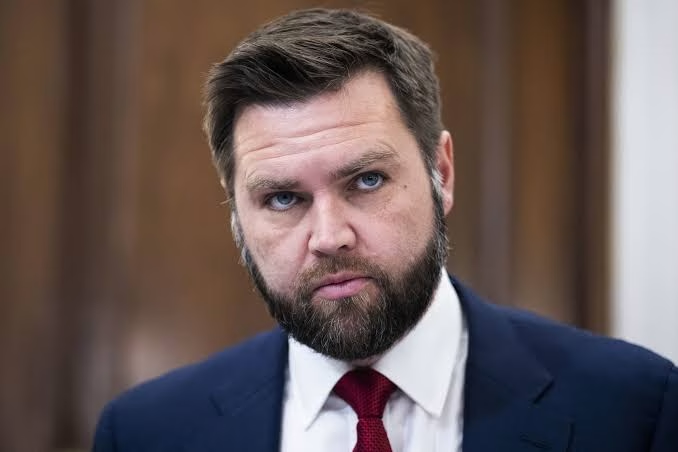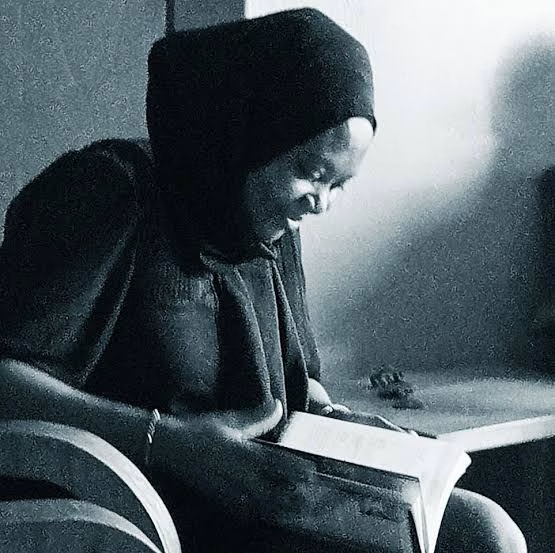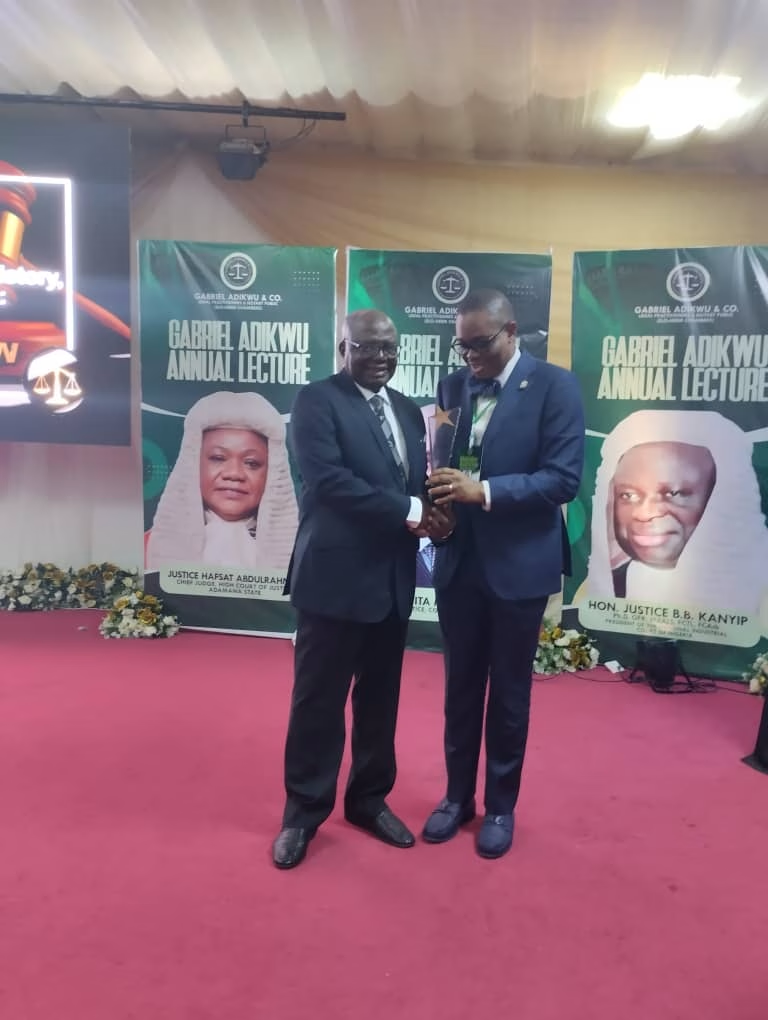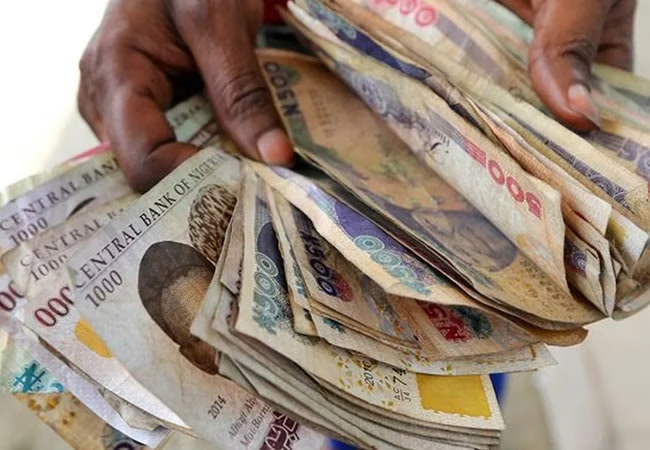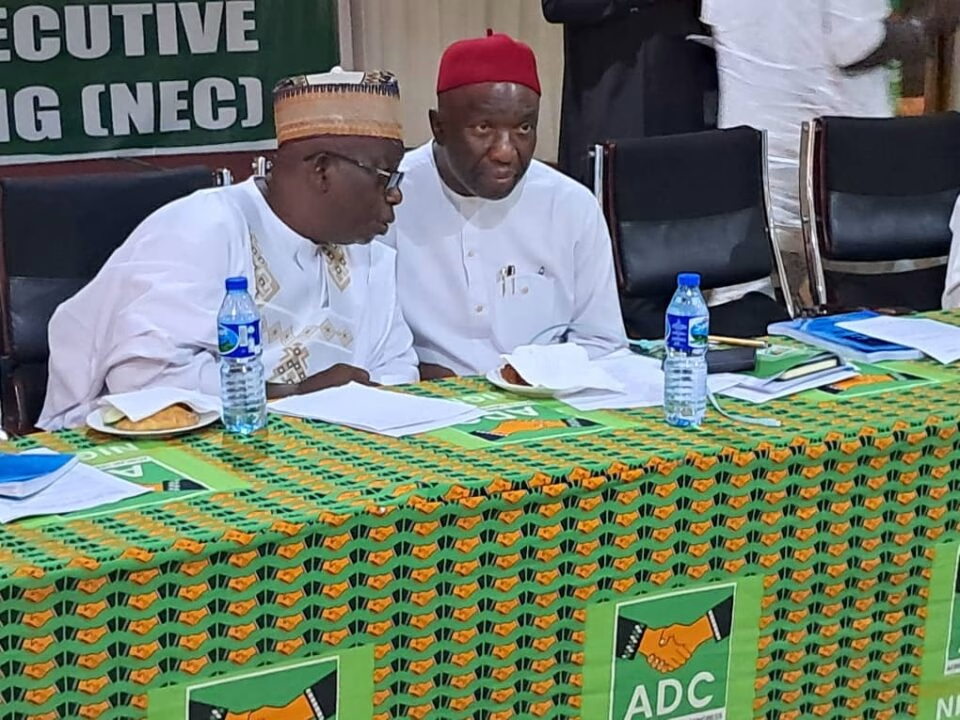By Halima Abdulazeez
As a lifelong book lover, I recall vividly the excitement of walking into a bookstore, the scent of paper come with. Kind of dopamine, the spines of countless stories ringing a bell of promises of escape into the writers’ world. These spaces, was once a home for curious minds like mine and other literary souls. Unfortunately we now feel the increasing burden and the heavy weight of reality: Printing cost is threatening the already dwindling reading culture.
The numbers don’t lie. While concrete data specific to the Nigerian market can be difficult to come by, anecdotal evidence and reports from elsewhere paint a concerning picture. The cost of paper pulp, the very lifeblood of printed books, has skyrocketed, particularly in the wake of the pandemic. Shipping expenses, already a significant hurdle in a country with often-challenging infrastructure, have further inflated the price of imported books. This ripple effect is palpable, squeezing publishers, readers, and authors alike.
This and more dominated the discourse around the just concluded Nigeria International Book Fair, held in Lagos, a few days ago. How does an average reader maximize his access to books? Book has been crucial throughout history, serving as a tool for shaping human understanding. It preserves histories, inspires new ideas, and influences thought.
The local publishing industry, already grappling with numerous challenges, now faces agonizing choices. Print runs are being slashed, potentially leading to gaps and frustrating readers eager to discover new voices. Marketing budgets, essential for reaching audiences and driving sales, are stretched thinner than ever, leaving promising titles to languish in obscurity.
But the most devastating impact is felt by the readers themselves, the heart and soul of any literary ecosystem. In a country where economic realities are harsh for so many, buying new books is rapidly becoming a luxury, an indulgence reserved for a privileged few. This forces readers to make difficult choices: turn to often unreliable and poorly stocked secondhand markets, rely on overstretched and underfunded libraries, or, perhaps most tragically, simply read less. A society that reads less is a society that is less informed, less engaged, and less equipped to navigate the complexities of the modern world.
Authors, the creative engines of the literary world are caught in the crossfire. Smaller print runs translate directly to lower initial royalties, the reward for their dedication and artistry. Reduced marketing support further diminishes the visibility of their physical books, limiting their reach and potentially hindering their ability to build a readership, even if their e-book sales are performing reasonably well. The message is clear: the people who breathe life into our literary culture are being squeezed to give up their breath and the trade at the same time.
However, there is a glimmer of hope in the digital tunnel.
E-books, once viewed with doubts, are now proving to be essential gap-fillers, offering a viable path forward in the face of the print crisis. They are cheaper, easier to carry, and generally more accessible than their hard copies.
The economic advantages of e-books are undeniable. The absence of printing, binding, and physical shipping translates directly to lower production and distribution costs, making them significantly more affordable for readers. Instant access is another compelling draw, eliminating the wait times and shipping fees associated with physical books. For those seeking immediate gratification, particularly in genres consumed quickly like thrillers and romance, e-books offer an irresistible combination of convenience and affordability.
But the potential of e-books extends beyond mere cost savings. They offer opportunities to reimagine the reading experience entirely. Interactive elements, multimedia integration, and enhanced searchability can create added value, attracting new readers and transforming the way we engage with stories.
We must remember, though, that for all the benefits of eBooks, not everyone has reliable access to the devices required to read them.
Cost of device, Internet connection, and consistent electricity to power the device
Addressing these access issues and the concerns of literacy would greatly assist in drawing people in to reading more as it becomes more affordable.
To fully harness the potential of e-books and ensure that they serve as a bridge to a vibrant and inclusive reading culture, we must explore innovative pricing models. Subscription services like Kindle Unlimited offer a promising approach, providing access to a vast library of titles for a fixed monthly cost, making reading more budget-friendly for voracious consumers. Tiered pricing, offering enhanced features like author interviews or early access for a premium, could cater to diverse needs and budgets. Dynamic pricing, while complex to implement transparently, might offer opportunities for targeted affordability based on demand. These approaches, however, require careful consideration to ensure they do not undermine per-unit revenue for publishers and authors.
But let us not mistake e-books as a silver bullet. There is something inherently special about the tangible book. We must ask what the future of physical books is and how do we sustain that to allow future generations to not loose the feel of this magic. In the meantime, and considering the affordability of the digital avenue, it can be the solution to make books still available.
There needs to be a conversation had with the government to consider subsidises, or to create a non-profit sector that can make this available to readers for libraries and people in education.
In the end we all need to make sacrifices to protect our culture. The stories of our ancestors, and those of our society and the world help us create a sustainable reality for ourselves.
Ultimately, We need innovative pricing strategies, digital solutions, and continued investment in libraries and support for authors. Only then can we ensure that the page does not turn on Nigeria’s vibrant reading culture, and that the joy and power of books remain accessible to all.
The future of digital reading is bright, but requires a strategic and collaborative approach. By focusing on the value proposition, addressing misconceptions, empowering libraries, supporting authors, and leveraging data, the industry can unlock the full potential of e-books and audiobooks and reach a wider than ever before. These suggestions should assist you in designing and implementing.
Halima Abdulazeez is a poet and the author of the poetry collection “Soul Rants: A Journey from Within.” She is the Communication Officer at the Caprecon Foundation, the Treasurer of PEN International, the Nigerian Centre, and she resides in Lagos.
Contact: +234-8034816865 (mailt.umuhfaisal@gmail.com)

